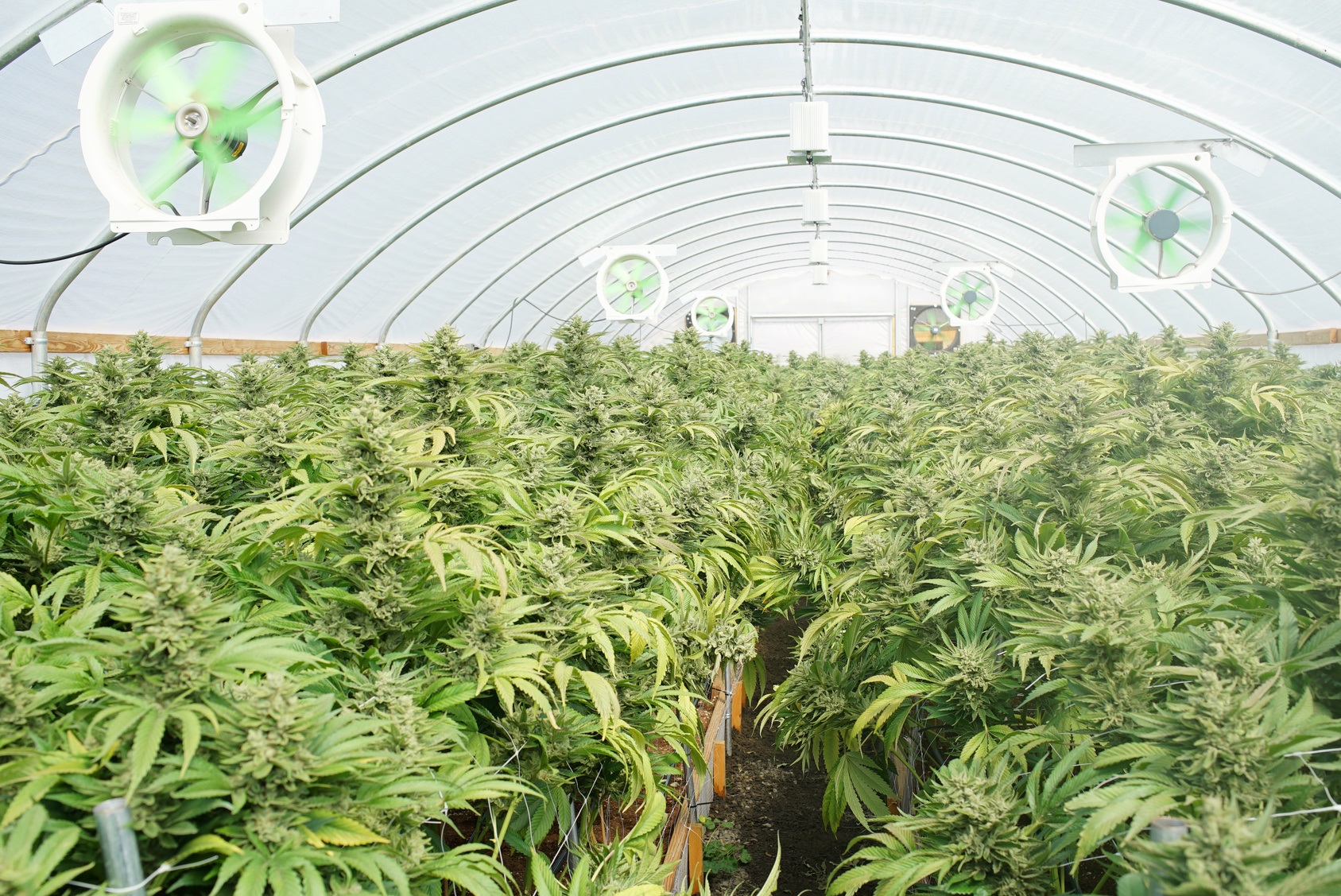Legalization of Recreational Marijuana: The Cannabis Industry’s Race to the Patent Office

Marijuana for medical purposes has been available to Canadians since 1999. However, it is only in recent years that access to legal medical marijuana has become easier to obtain and, therefore, more widespread. Indeed, the number of Canadians registered with licensed producers to obtain marijuana for medical purposes has increased over 500% between March 2015 and September 2016. However, the medical marijuana market pales in comparison to the potential recreational marijuana market.
In April 2017, the Canadian federal government tabled a number of bills that are projected to legalize and regulate access to recreational marijuana by July 2018. It is estimated that the recreational marijuana market in Canada will generate approximately $5 billion in annual revenue, leading to expectations that the pursuit of intellectual property rights, such as patents directed to marijuana-related inventions, will increase rapidly. We are already seeing a sharp rise in cannabis-industry players patenting in this area in order to protect valuable commercial assets in their growing businesses.
Patents and Plant Breeders’ Rights
A patent is a time-limited monopoly granted by the government in exchange for a full and correct disclosure of a new, non-obvious and useful invention. The granted monopoly allows the patent holder to exclude others from making, using or selling the patented invention, typically for 20 years from the date on which the application was filed.
Patentable inventions are found in many facets of the cannabis industry. Examples include formulations, treatment methods for specific diseases or conditions, processes for making or extracting cannabinoids, such as tetrahydrocannabinol (THC), equipment or processes for increasing plant yields, and paraphernalia, such as bongs, pipes and vaporizers. Furthermore, new strains of cannabis and/or their cells and genes may be patentable.
It is also possible to protect novel, distinct, uniform and stable strains of plants, including cannabis, using breeders’ rights. Many countries are members of the International Union for Protection of New Varieties of Plants, which is typically known by its French acronym, UPOV. As a member of UPOV, Canada provides protection for new strains of cannabis under the Plant Breeders’ Rights (PBR) Act for a period of 20 years.
As can be seen, there is a potential gold rush of IP in this field, which has been mostly neglected until now.
Where to Patent
Patents are jurisdictional, meaning that you must apply for and be granted a patent in each country in which you desire protection. Because the medical and/or recreational use of cannabis remains illegal in many countries, this may not be a straightforward decision. Moreover, since a patent could remain in force for 20 years, it is important to consider jurisdictions in which the cannabis market may open up in the foreseeable future. For example, Canada, the U.S., Australia and certain parts of Europe make sense for patent filings, as marijuana use is either legal or decriminalized in some form or another, their patent systems and enforcement methods are robust, and their potential markets are relatively large.
Many countries, regardless of whether cannabis is currently legal or decriminalized in some form or another, are granting cannabis-related patents. These countries include Australia, Brazil, Canada, China, Colombia, Germany, the Netherlands, Spain, Great Britain, India, Israel, Japan, Korea, Mexico, New Zealand, South Africa and the U.S. Thus, although cannabis remains illegal in a number of countries, the governments of these countries are allowing patents in this field, opening the door for protection if and when markets open up.
Conclusion
The legalization of recreational marijuana in Canada will undoubtedly create an influx of cannabis growers, product manufacturers and testing laboratories, all of which create IP that can be commercialized and protected.
The combined IP team of Aird & McBurney LP and Aird & Berlis LLP brings together Patent and Trademark Agents and Lawyers who secure Canadian and worldwide protection of IP rights. The Patent Agents of Aird & McBurney LP hold Ph.D., M.Sc. or B.Eng. degrees in various fields of expertise. This technical depth allows us to offer unparalleled service in the preparation, prosecution and maintenance of patent applications.
For information on how our combined IP team can assist you in acquiring IP rights in the cannabis industry, please contact Dr. Erica L. Lowthers or Dr. Kimberly A. McManus.

